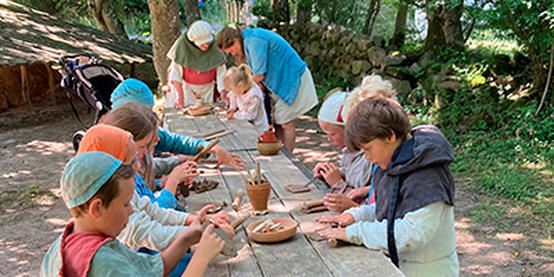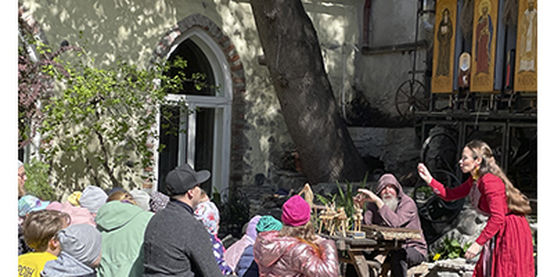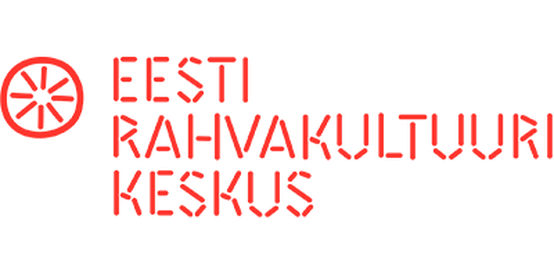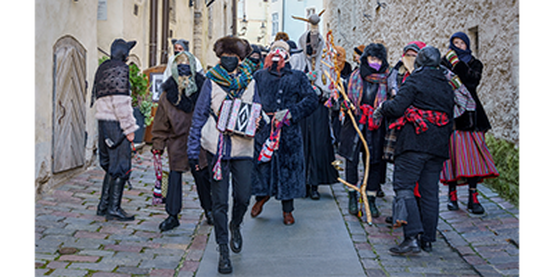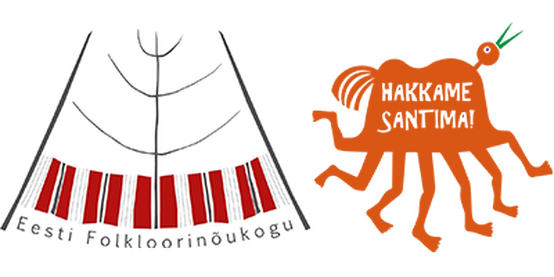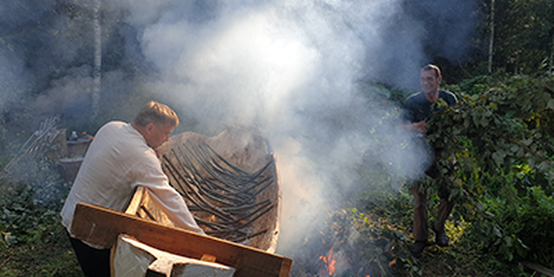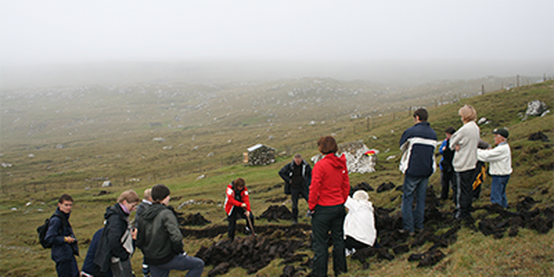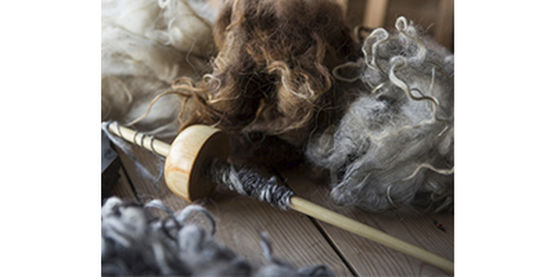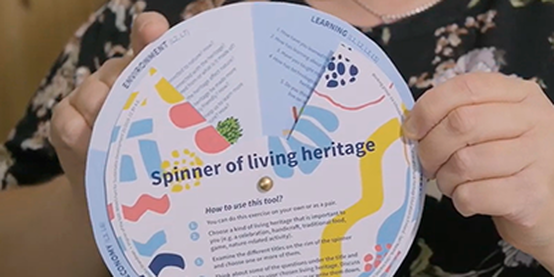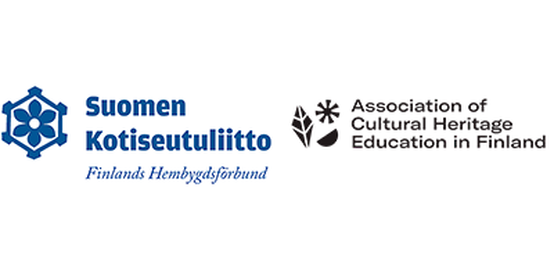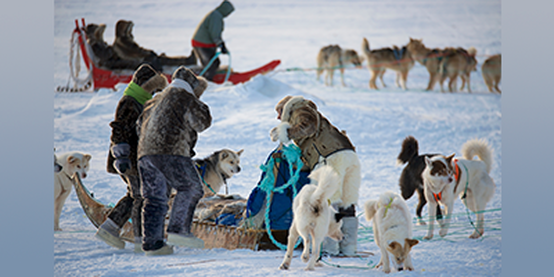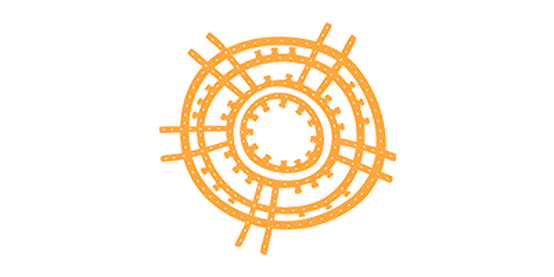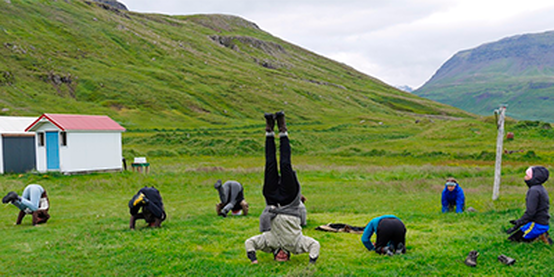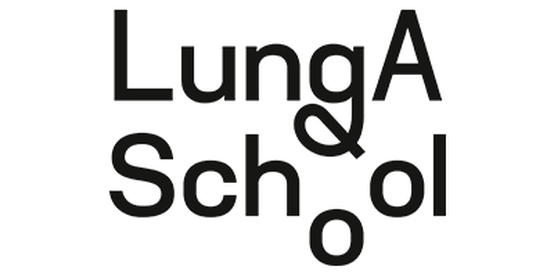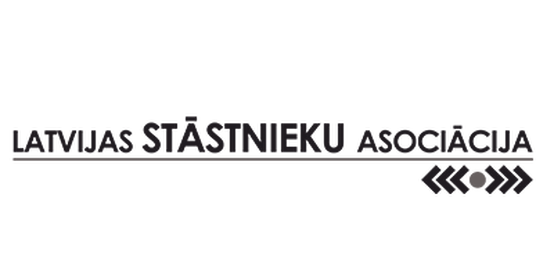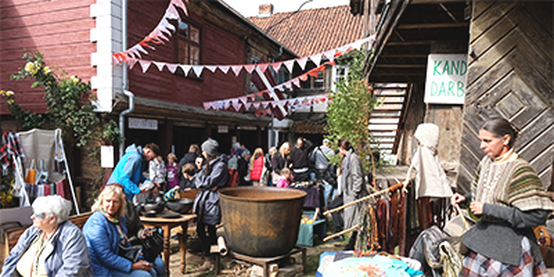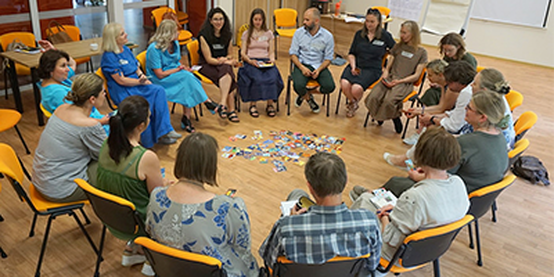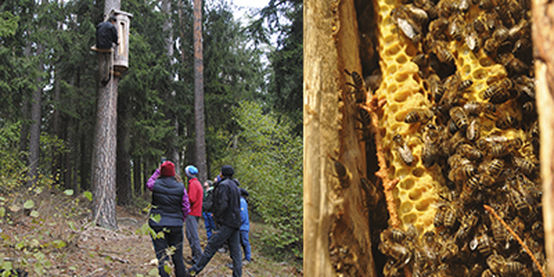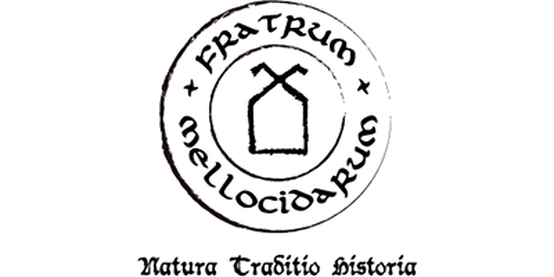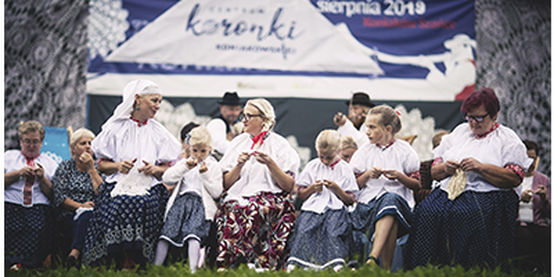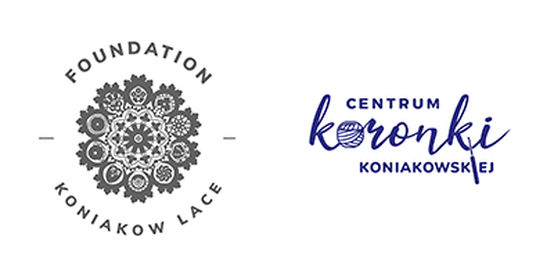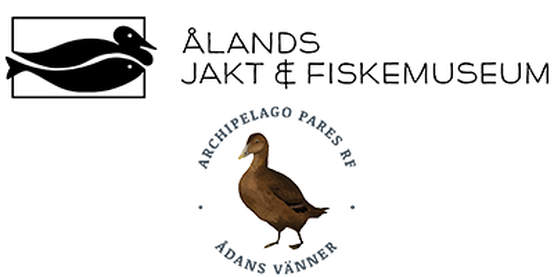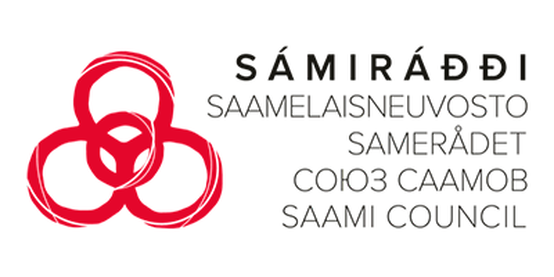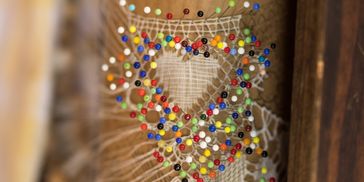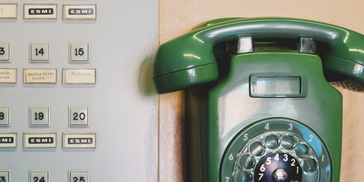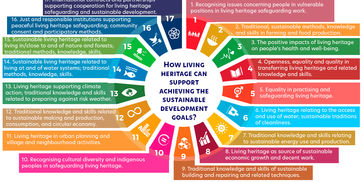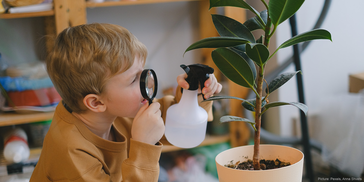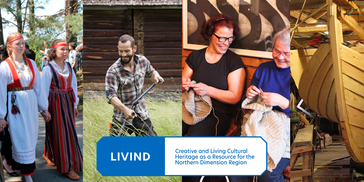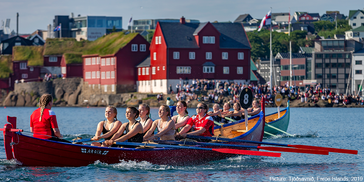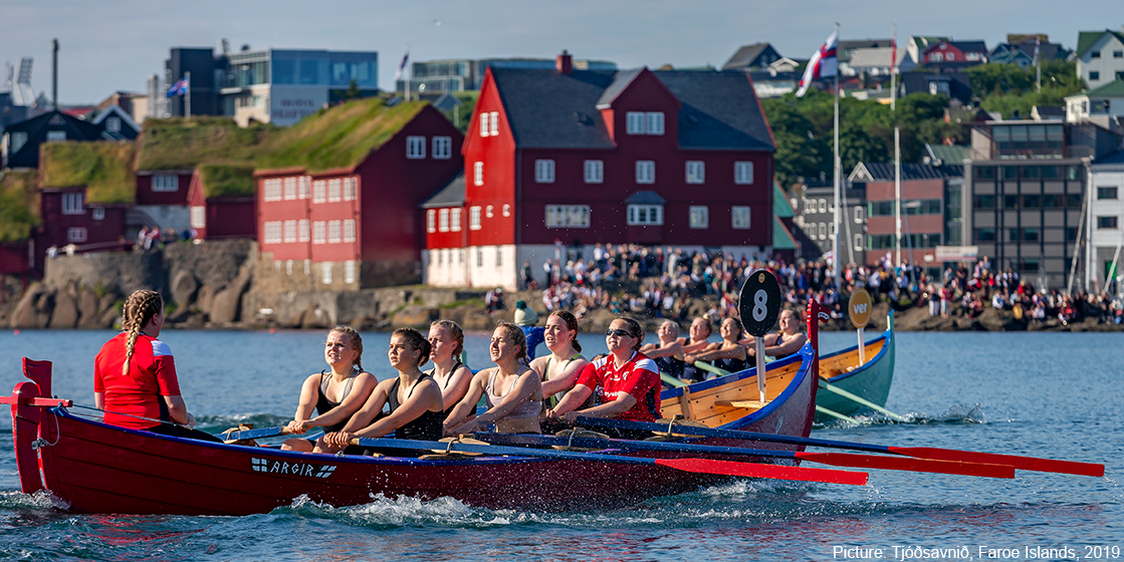
LIVIND Pilot Projects
LIVIND Pilot Projects make the essential part of the project! Twenty initiatives from accross the project partner countries work to test and develop different ways of working, methods and tools, to strengthen the links between safeguarding living heritage and the different aspects of sustainability. In the LIVIND project we believe that taking sustainability thinking into action step by step is the way forward! Here you find short introductions to the spectrum of pilot projects that are funded (fully or in part) by LIVIND project.
Medieval Pottery Hub – Bornholm, Denmark
"We want to lift our education on historical pottery and clay, so it will benefit a larger group of local children and teenagers in the future, especially from socially exposed groups. The main goal is to have the pottery be a hub for medieval handcrafts, small-scale production of utensils from natural resources, story-telling, and local community building."
Storytelling festival "Ööbikuööd“ – Estonia
The Festival “Ööbikuööd” has been created to focus attention on storytelling as a timeless and significant cultural phenomenon, as well as to enable experiencing our living heritage in a wide variety of forms. The main goal of the storytelling festival is to unite people and communities at the grassroots level supporting the sense of communities and safeguarding oral expressions as an important factor of social sustainability.
Pilot Project Manager: Estonian Centre of Folk Culture
Photo: The Storytelling Nest in the Pärnu Museum, photo by Aire Koop
“Let’s Get Mumming!” – Estonia
The initiative “Let’s Get Mumming!” was created in 2018 with the aim to raise awareness about Estonian mumming traditions, to inspire more people to dress up as characters, prepare programmes, and go from door to door on St Martin’s and St Catherine’s Day. The pilot project helps supporting the sustainability of this old tradition through different activities including a specific outdoor campaign.
Pilot Project Manager: Estonian Folklore Council
Photo: St Martins Day mummers, photo by Rene Jakobson
Dug-out boats masterclass – Soomaa, Estonia
The main threat for the preservation of dugout boat culture is the interruption of the continuity of transmitting dugout boatbuilding skills during the next decades due to a small “pipeline” of future masters and the demographic profile of current masters. This pilot project aims at increasing the number of young people participating the dug-out boat workshops with special attention on gender balance, too.
Pilot project in Faroes
Lorem ipsum dolor sit amet, consectetur adipiscing elit, sed do eiusmod tempor incididunt ut labore et dolore magna aliqua. Ut enim ad minim veniam, quis nostrud exercitation ullamco laboris nisi ut aliquip ex ea commodo consequat. Duis aute irure dolor in reprehenderit in voluptate velit esse cillum dolore eu fugiat nulla pariatur. Excepteur sint occaecat cupidatat non proident, sunt in culpa qui officia deserunt mollit anim id est laborum.
Wonderful Wool – Kollafjørður, Faroe Islands
This pilot tests a new festival about raw wool on the Faroe Islands. At this phase a one-day event, it is aimed at families. Morning and afternoon workshops allow children to touch, test and make small samples of raw wool. Children learn about raw wool in the natural surroundings on the Faroes, e.g. that birds can get stuck in wool and that picking wool up from fences and fields can help. There will be a small survey to develop the event further.
"Our primary goal is to diminish wool waist by increasing awareness, so that more people bring wool to the wool collection, or use it themselves. In turn, reducing the amount of wool discarded and not being used. We hope that people who normally do not use wool will get their hands on it, become aware of it, and hopefully use more of it. By encouraging people to work with it themselves but also by wearing more woollen clothes, that others make. We aim at having this wool festival as an annual event."
Pilot Project Manager: Búnaðarstovan
Let it spin! – Rovaniemi, Mikkeli & Jyväskylä, Finland
This project implements workshops that help disseminate The Spinner of Living Heritage, a tool recently published in the LIVIND-project and developed by Association of Cultural Heritage Education and Finnish Heritage Agency. The Spinner works as a tool for dialogue in workshops that utilize the awarded model of Masters and Apprentices, developed by Finnish Local Heritage Federation.
"This way of working itself promotes social sustainability (inter-generational communication, dialogue, learning) and cultural sustainability (inclusion and diversity). Through workshop activities, the role of intangible cultural heritage in promoting a sustainable lifestyle will become familiar also to educators and will spread further through them."
Handicraft seminar – Nuuk, Kalaallit Nunaat (Greenland)
The seminar brings together craftspeople from different places of Kalaallit Nunaat to discuss together sustainability in the making and consumption of traditional clothing with special focus on seal skin.
"We believe that the seminar will contribute to how sustainability is thought about in different contexts: within the choice of materials for crafts but also in related business and tourism. The seminar can continue in the future with adaptions to other focus area. And for now, it's only about using the skin and bones for craft - All material from sustainable hunting."
Lorem ipsum dolor sit amet, consectetur adipiscing elit, sed do eiusmod tempor incididunt ut labore et dolore magna aliqua. Ut enim ad minim veniam, quis nostrud exercitation ullamco laboris nisi ut aliquip ex ea commodo consequat. Duis aute irure dolor in reprehenderit in voluptate velit esse cillum dolore eu fugiat nulla pariatur. Excepteur sint occaecat cupidatat non proident, sunt in culpa qui officia deserunt mollit anim id est laborum.
Stories of names – Vidzeme (historical land), Latvia
This pilot project concentrates on how stories of names and family names create part of community cultural space - an identity landscape. Sharing of those stories gives possibility to understand similarities and peculiarities of families, common traditions and their local specific. The project looks to oral storytelling as a tool to develop soft skills for young people, to transmit local dialect and see storytelling development for better life experience through workshops at libraries and community centres.
"By telling the stories of names and surnames, indicators that are meaningful to everyone, a closer community is formed, a community that is aware of its stories, documents them and passes them on to future generations."
Pilot Project Manager: Latvian Storytelling Association
Traditions of fermented food – Dienvidkurzeme county, Latvia
This project heads to document stories about fermented food with old recipes and personal stories about how and when fermented food was used. Based on this, there will be created a travelling kitchen with posters and placards to increase awareness about fermented food traditions especially among the younger generations.
"The pilot project will make this almost forgotten tradition more visible, promote good health and well-being, and responsible consumption and production. The final workshops will gather all storytellers, project participants and their families, and tourists who are interested in local food traditions."
Pilot Project Manager: Interdisciplinary art group SERDE
Sustainability for the Mushroom Festival – Varėna, Lithuania
Folk dance supporting social sustainability – Røros, Norway
The pilot project will be implemented alongside a visual exhibition about dance. Built on several events that address folk dance both in words and in action, e.g. through panel discussions and dance events, this pilot gives opportunities to meet people and talk about the value of social dances as a form of social sustainability, and to build contacts between local dance community, museums and schools.
"We see that there is a need to talk and to give folk dance the status and attention as supportive to social and cultural sustainability. This can help the dance community in Røros to grow in numbers by addressing the topic of dance value at public events – and co-arrange these events in collaboration with a local network group."
Polish-Lithuanian tree beekeepers integration –
The pilot project is dedicated to integrate the community of tree-beekeepers from Poland and Lithuania (Dajnava Forest) by organizing a workshop in Augustow Forest, Poland, to share and learn from each other about the respective local tree-beekeeping traditions.
"Tree beekeeping culture is an element on the UNESCO ICH representative list since 2020 as Polish-Belarus element. This tradition is kept also in Lithuania and Ukraine, and it is important to keep and strengthen bilateral and multilateral contacts between bearers."
Pilot Project Manager: Bractwo Bartne
Treasures of Koniaków lace – Koniaków, Poland
This project celebrates lace specific to Koniaków village in Silesia, Poland. An exhibition of crocheted head coifs will be created along with a film that demonstrates the wedding dance ritual where the newly wed woman starts to wear the head coif. In addition, the project offers workshops that encourage younger generations to learn the techniques of making the Koniaków lace.
Pilot Project Manager: Koniaków Lace Foundation
Revitalisation of Roma crafts – Skåne county, Sweden
The main objective of this pilot project is to create conditions that promote the revitalisation of the Roma crafts and, in long-term, to create opportunities for Roma youth to be trained as gold and silversmiths with long-term goals. In addition to workshops, at the core of the pilot project is to create an exhibition of Roma crafts that will give the oppurtunity to show Roma crafts and also to create new contacts with various museums in the region.
Fäbod camp activities for the young – Sweden
This pilot project aims to develop a handbook and other practices to support bearers of 'fäbods' or shacks, sort of small-farms originally intended for cattle's summer grazing, to increase children and young people’s participation to camp activities on the 'fäbod' farms.
"There are a number of shack owners who have camp activities and many who would like to, but who feel uncertain about how to go about it. We want to remedy this by letting those who "think" meet "those who do" and together develop checklists, tips and ideas to enable more activities for children and young people."
Birdhouses to the archipelago – Åland
This pilot project picks up on one of the bird-friendly practices related to hunting traditions on the Åland islands. As part of the traditional spring hunt of sea birds on Åland, local hunters would bring birdhouses for the common merganser out to the smaller islands in the archipelago.
"Since the spring hunt was banned in 2020, birdhouses have been brought out to the islands to a far lesser extent creating a more hostile environment for the common merganser. In this project, traditional birdhouses will be made and placed on small islands during the spring as per the old local tradition. This helps the sea birds by giving safe nesting grounds especially for the common merganser."
Pilot Project Manager: Ålands Jakt- och Fiskemuseum together with Archipelago Pares
IP tools for Sámi handicrafts – Sápmi (Jokkmokk - SE), Sweden, Norway, Finland
Together with the duodji makers (trad. Sámi handicrafts) the Saami Council wants to raise awareness among the Sámi community on the way intellectual property tools can be utilised in Sápmi in a manner that creates value for communities. The pilot project delivers a "dialogue around the fire" at the famous Jokkmokk winter market and an informational film that will be distributed online.
"We believe this project will motivate Sámi duodji and industry actors to use IP tools, as for example the Sámi trademarks Sámi duodji and Sámi Made. When the Sami community uses IP tools to a greater extent than at present, such as trademarks, they will also act as a guide for non-Sami consumers on how to buy Sami products in a way that is sustainable for the Sami society and for Sami culture."
Pilot Project Manager: Saami Council
Podcast series about ICH and SD – Nordic and Baltic ICH Network
Nordic and Baltic ICH Network project will open a new way to develop deeper co-operation between the participants and contribute to awareness raising of Nordic and Baltic ICH safeguarding.
Pilot Project Manager: Nordic and Baltic ICH Network / Finnish Folk Music Institute
